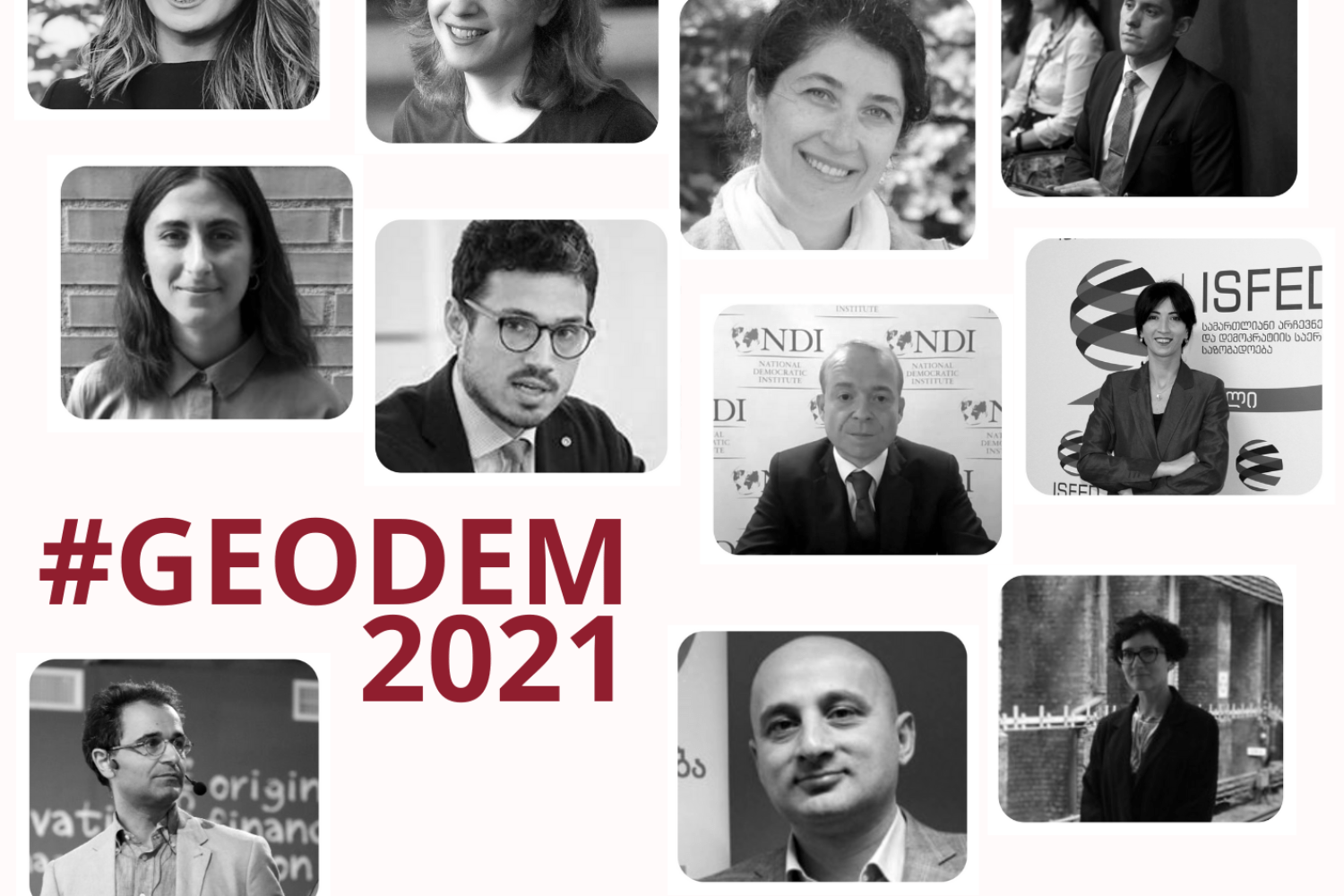2021-07-23 13:40:05
In the lead up to the 2021 elections, immaturity and unpredictability continue to be major characteristics of Georgian politics. Despite the hopes that Georgia would reaffirm its commitment to the path towards a consolidated liberal democracy, the 2020 parliamentary elections and the subsequent political crisis, once again, revealed a recurring plague of Georgia’s democratization efforts: the failure to conduct democratic elections that are uncontested and resolve political tensions rather than fuel them. As a result, while Georgia approaches its 30th anniversary of independence, politics in the country are still afflicted by the persistent unacceptance of election results by opposition parties, the misuse administrative resources for political ends, an uneven political playing field, and untrustworthy electoral institutions.
Considering the low level of trust the public and the political elite have towards the election process, public opinion polls play a very important role in Georgia. The 2020 Parliamentary Elections showed that this ideally objective sociological tool can be instrumentalized politically. Apart from that, politicians from the ruling party as well as from the opposition often voice discrediting statements with regards to those polls that do not benefit them politically. This trend further exacerbates the gap between the public and institutions and undermines their mutual trust – a necessary condition of a fully functioning democracy.
While discussing the processes of democratization, the main focus should be on the regional context and the negative impact of populist nationalism. Three Eastern Partnership (EaP) states – Georgia, Moldova and Ukraine – share similar objectives and challenges on their path towards democratic consolidation and European integration. Unlike in well-established liberal democracies, in the EaP countries the challenge of nationalist populism is often blended with other, major problems of good governance and deficiencies in democratic institutions. Therefore, the third panel of the 6th Annual Democracy Conference discussed to what extent nationalist populism represents a major challenge to democratization and Europeanization of the three associated counties and how it interacts with other problems of governance and democratic development.
The aforementioned issues were key discussion topics covered under three different panels at the 6th Annual Democracy Conference #GEODEM2021. The opening remarks were delivered by Prof. Kornely Kakachia, Director at Georgian Institute of Politics. The third panel of the conference was led by Renata Skardžiūtė-Kereselidze, Deputy Director at the Georgian Institute of Politics. The panels were moderated by Prof. Ghia Nodia, Professor at Ilia State University; Adam Schmidt, Director of the Democracy, Governance & Social Development Office at USAID Georgia; and Dr. Stefan Meister, Head of the Heinrich Boell Foundation Tbilisi Office – South Caucasus Region. The participants of the #GEODEM2021 were: Prof. Julie A. George, Associate Professor at the Department of Political Science at Queens College; Dr. Ketevan Bolkvadze, Assistant Professor at the Department of Political Science at Lund University, Sweden; Levan Tsutskiridze, Executive Director at Eastern European Centre for Multiparty Democracy (EECMD); Jaba Devdariani, Founder of Civil.ge; John DiPirro, Resident Program Director at International Republican Institute (IRI); Alan Gillam, Country Director for Georgia at National Democratic Institute (NDI); Dr. Nino Japaridze, Edison Research’s Vice President, Public Affairs, leading the Washington, DC branch; Nino Dolidze, Executive Director at International Society for Fair Elections and Democracy (ISFED); Anna Medvedeva, Associate Research Fellow at New Europe Center in Kyiv; Tamta Gelashvili, Doctoral Research Fellow at the Department of Political Science at the University of Oslo; Denis Cenușa, Researcher at the Institute for Political Sciences at Justus-Liebig University.



